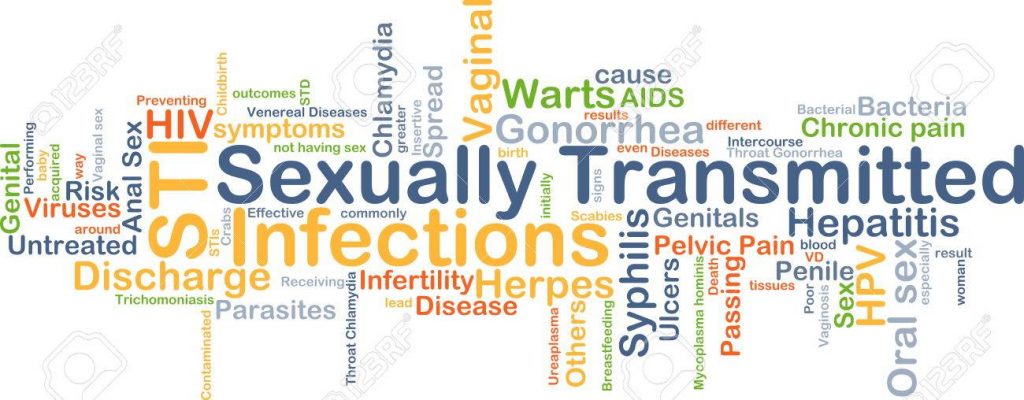Sexually Transmitted Infections (STIs) (beforehand known as STDs) allude to contaminations that are transmitted through sexual contact caused by microbes, parasites, and viruses. STIs are on the ascent all through the globe as an ever increasing number of people are falling prey to it every single day. More than 20 million instances of STIs are reported each year and ¼ of the tainted populace comprises of adolescents.
STIs are on the ascent is because of an absence of data about the related illnesses and contaminations. The absence of data is fundamental because of two reasons:
Some STIs don’t have any manifestations and in this way, numerous people can’t distinguish STIs in the essential stages which prompt tragic outcomes after some time.
Numerous people are living under the misguided judgment that STIs can be just transmitted through sex. This, however, isn’t valid as the greatest number of kinds of STIs can be transmitted through easygoing skin contact too.
This article will emphasize the sorts of STIs that can spread through easygoing skin contact:
Syphilis
Syphilis is a bacterial contamination that begins off as an easy sore and begins to influence the inward body organs. While engaging in sexual relations, getting contaminated from bruises can be averted by wearing a condom. However, if the wounds are situated at the mouth or other skin locations, they can be infectious and guide contact with them can prompt STIs.
Herpes
Also known as HSV, Herpes is an infection that causes infectious wounds around the mouth and the private parts. Genital herpes (HSV-1) is transmitted through unprotected anal, oral or vaginal intercourse while oral herpes (HSV-2) that influences the region around the mouth and fringe of the lips can spread through skin to skin contact.
Human Papillomavirus Infection (HPV)
A contamination that causes warts in the different parts of the body; this disease has a high likelihood of skin to skin transmission. This infection can cause cancer or genital warts. HPV can be avoided through antibodies that are given to youngsters before 11 years old before they turn out to be sexually active.
Important things to remember
- As a rule, STIs can be passed from the mother to the baby.
- The most ideal approach to counteract STIs is to evade any type of sexual contact with numerous accomplices.
- It is never ideal to disregard STIs because of the dread of being humiliated. Keep in mind, the faster you look for therapeutic help, the better are your odds to treat STIs.

